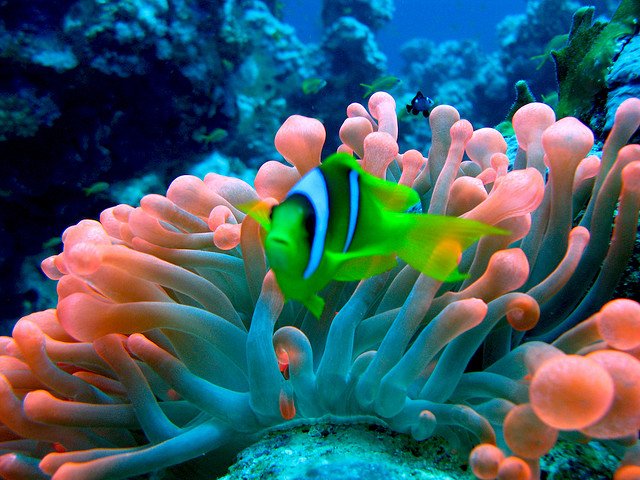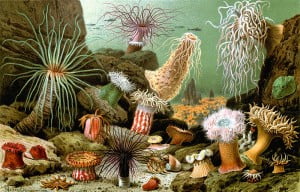A sophisticated national center for genetically engineering the sea anemone Nematostella will be opened as part of the Israeli Ministry of Science and Technology’s program to develop scientific and technological infrastructure in marine biology. The remarkable ability of this animal to regenerate its body parts could help further research into organ repair in humans.
The research will bring together Hebrew University of Jerusalem developmental biologist Dr. Uri Gat, Bar-Ilan University coral researcher Dr. Oren Levy, and Dr. Tamar Lotan, a researcher of sea anemones and jellyfish at the University of Haifa.
Related Stories:
Paralysed Woman To Complete Marathon Using Robotic Skeleton
Artifcial Blood Vessels Created To Cure Diseases
The Nematostella (Nematostella vectensis) is a sea anemone belonging to a large phylum of animals called Cnidarians that are among the most ancient animals on the evolutionary ladder. These animals, which include sea anemones, corals, jellyfish and hydra, have stinging cells on their tentacles through which they can devour larger creatures and pose a nuisance and a danger to bathers.
In order to study a particular animal, researchers must find an “animal model” that can easily be grown under laboratory conditions and studied in all stages of its life cycle. To do this scientists use small animals that grow and multiply quickly and whose genetic code is known, such as fruit flies and mice. Nematostella is the first animal among the cnidarians that can be used as an animal model.
Genes in common with humans
According to Dr. Uri Gat of the Alexander Silberman Institute of Life Sciences at the Hebrew University, who is participating in establishing the new center and is the first to introduce the Nematostella animal model system into Israel, although the Nematostella is a very simple, ancient life form, it is rich in genes, many of which are in common with humans and which constitute earlier versions of parallel genes in humans.
…
To Continue reading this article, click here.
Via Globes
Photo by prilfish
Related posts

Resilient And Nutritious New Plant-Based Milk Aims To Make A Splash

Chocolate From Cultivated Cocoa Comes Without Environmental Toll

Plastic Fantastic: Startup Takes PVC Back To Its Crude Oil Roots





Facebook comments